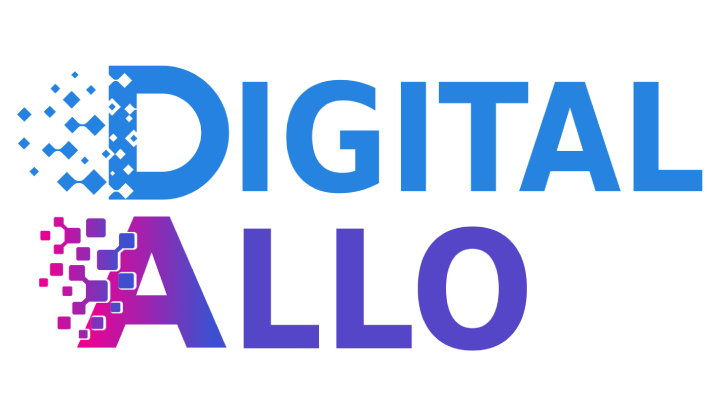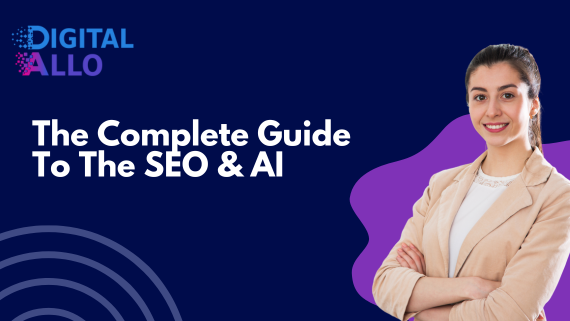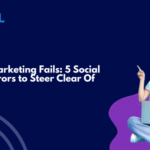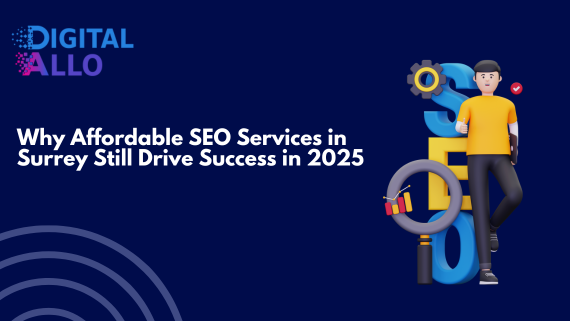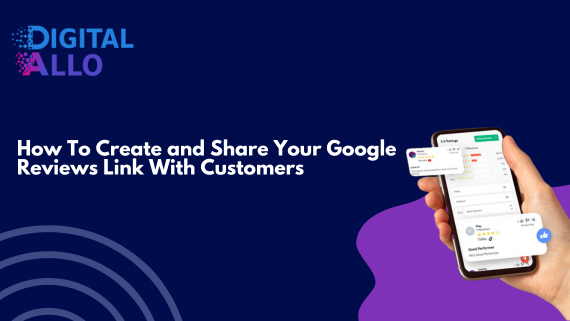The Complete Guide To The SEO And AI
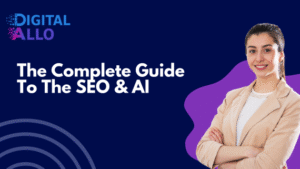
AI-Powered SEO in 2025: A Smarter Way to Optimize
Search engine optimization (SEO) has long been a time-consuming process. From conducting keyword research to writing optimized content and analyzing performance metrics, marketers often spend countless hours just getting started. That’s where AI SEO steps in to transform the game.
With machine learning and automation, AI SEO tools can handle repetitive tasks more efficiently, giving digital marketers the freedom to focus on high-impact strategy work. These AI SEO tools can analyze massive datasets, spot emerging trends, and generate insights that would take humans hours—or even days—to uncover.
In this blog, we’ll explore how AI SEO is revolutionizing SEO in 2025, covering topics like:
- How digital marketers are using AI SEO today
- What AI SEO means
- Applications beyond traditional SEO
- Key concerns about AI SEO
- Best practices for integrating AI SEO into your strategy
- Recommended AI SEO tools
- Actionable tips for improving website performance with AI SEO
The 2025 Landscape: How Marketers Use AI SEO Today
AI SEO in digital marketing is all about efficiency and predictive power. It helps marketers plan, execute, and refine strategies by automating tedious processes and uncovering valuable insights.
Machine learning models and large language models (LLMs) are now central to digital campaigns powered by AI SEO. They enable marketers to:
- Analyze customer behavior and predict future actions
- Automate email campaigns and ad targeting
- Deliver personalized experiences in real time
What the Data Says About AI SEO
A HubSpot survey shows:
- 64% of marketers are using AI SEO tools
- 40% use AI SEO for data analysis and performance tracking
- 39% for research and content summaries
- 38% for drafting content
With AI SEO now entering the mainstream, its impact is only growing.
What Is AI SEO?
AI SEO refers to the use of artificial intelligence to boost a website’s visibility on search engines. These tools scan large amounts of data to offer insights on ranking factors, keyword opportunities, and content strategies.
AI SEO tools can:
- Discover search terms with high potential
- Identify user intent
- Generate AI SEO-friendly content drafts
- Suggest alternative keywords
- Track and explain ranking changes
These capabilities simplify key SEO tasks such as:
- Creating topic outlines and article ideas with AI SEO insights
- Adding structured data and schema markup
- Writing optimized meta descriptions and headlines using AI SEO tools
- Monitoring content performance against competitors
In essence, AI SEO helps teams work smarter—not harder.
Beyond SEO: AI SEO for Search Engine Marketing (SEM)
AI SEO isn’t limited to organic search. It’s also a powerful tool for search engine marketing (SEM), optimizing paid advertising efforts with data-driven precision.
SEM Intelligence with AI SEO includes:
- Real-Time Analytics: Quickly evaluate campaign data to adjust targeting and spend
- Programmatic Advertising: Automate ad buying for precise reach
- Targeted User Profiles: Use AI SEO to build more accurate audience segments
This data-centric approach enhances your SEM efficiency and ROI.
Read HubSpot’s 2024 AI Use Cases
Common Concerns About AI SEO
Despite the benefits, marketers often raise valid concerns about integrating into their workflows. Here are five major issues and ways to address them:
- Lack of Transparency
AI decisions can be hard to explain, leading to confusion about why certain actions are recommended. Solution: - Originality Issues
AI SEO-generated content can sometimes lack uniqueness. Solution: Always edit output, infuse it with expert insights, and use tools like Copyscape to check for plagiarism. - Bias in Algorithms
Biases in training data can skew AI SEO results. Solution: Regular audits and use of fairness tools like re-weighting and adversarial debiasing can help reduce this risk. - Over-Optimization
Too much AI SEO focus can hurt readability. Solution: Balance keyword use with natural, valuable content that enhances user experience. - Privacy Risks
tools that ignore data protection laws can create compliance issues. Solution: Conduct Privacy Impact Assessments, review vendor policies, and maintain robust data inventories.
8 Practical Tips to Use AI SEO
AI SEO tools offer tremendous value when used effectively. Here are top strategies for improving your site with AI SEO:
- Generate Content Ideas
Use tools to analyze keyword trends, find content gaps, and generate outlines tailored to user search intent. - Perform Keyword Research
AI SEO can process thousands of search terms to identify the most relevant and high-converting keywords. - Optimize On-Page Elements
From titles and headings to meta descriptions and internal links, AI SEO can suggest SEO-friendly edits to boost rankings. - Automate Technical SEO
AI SEO can flag crawl errors, suggest schema improvements, and monitor site speed performance. - Create Content Drafts
Use AI SEO to generate first drafts based on topic clusters and keyword analysis—saving hours in the writing phase. - Analyze Competitors
tools can compare your content with competitors to spot gaps, rank shifts, and opportunities. - Monitor Performance Trends
Get real-time reports and predictive analytics to adjust your strategy proactively - Improve User Experience
It can test and recommend layout, design, and content changes to enhance engagement and reduce bounce rates.
Final Thoughts
AI SEO is no longer a futuristic idea—it’s today’s smart solution. By automating the repetitive and accelerating analysis, The tools free up time and brainpower for creative, strategic marketing. With the right practices and tools, digital marketers can use to stay ahead in a competitive online world.
Start small, experiment, and refine your use of AI SEO—because the future is already here.
